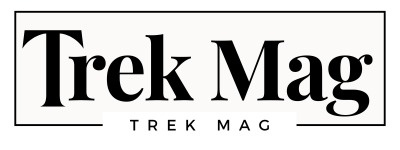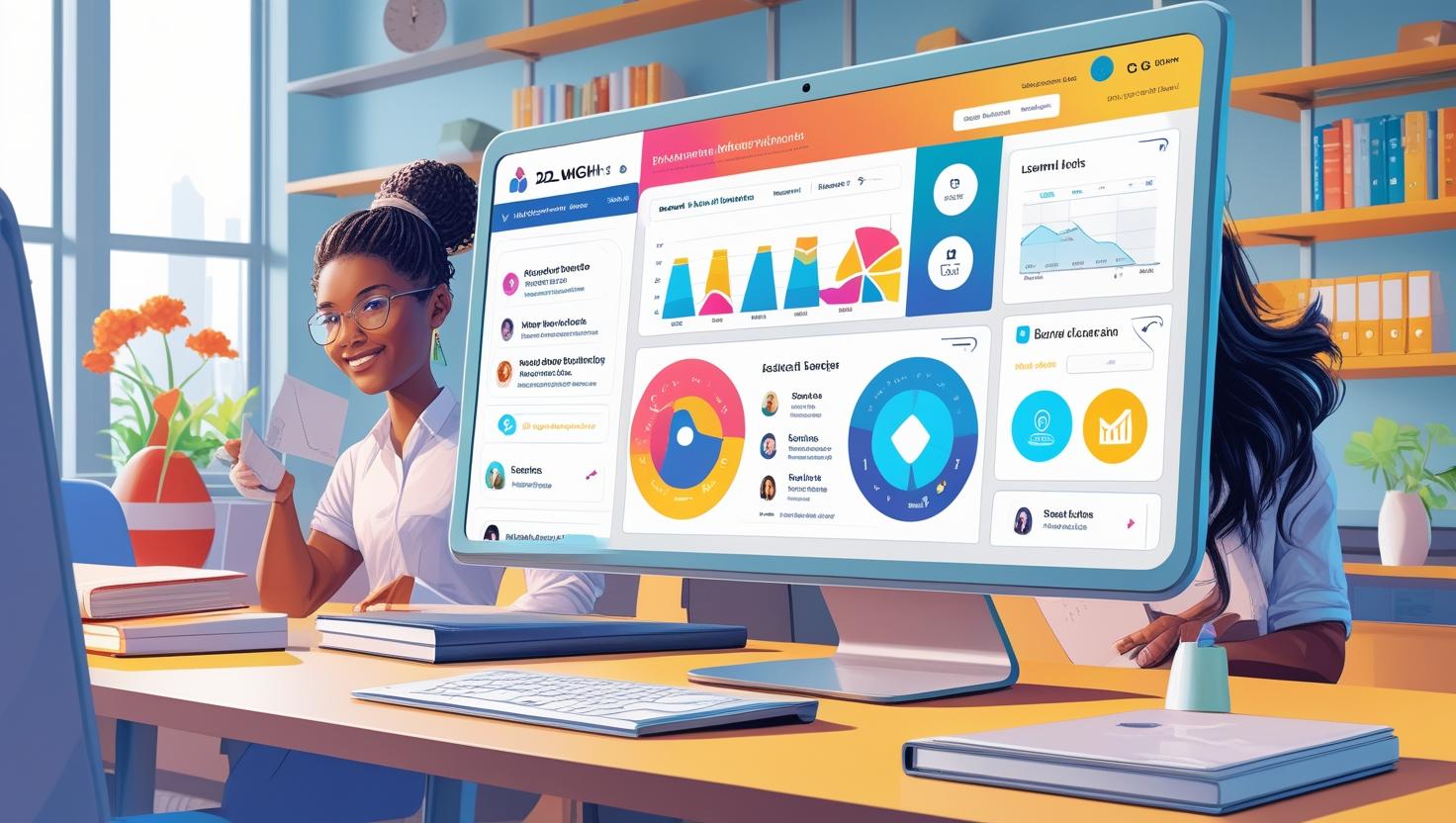Education is a cornerstone of society, shaping individuals and communities for generations. As we move further into the 21st century, the landscape of education is undergoing profound changes driven by technology, globalization, and evolving societal needs. This article explores the key trends, challenges, and innovations that are redefining the future of education.
-
Emphasis on Personalized Learning
Personalized learning is gaining traction as educators recognize that students have diverse learning styles and paces. This approach tailors educational experiences to meet individual needs, allowing students to progress at their own speed. Technologies such as adaptive learning platforms and data analytics enable teachers to track student performance and customize lessons accordingly. By focusing on each student’s strengths and weaknesses, personalized learning aims to enhance engagement and improve outcomes.
-
Integration of Technology
The integration of technology in education has transformed traditional teaching methods. From online courses to virtual classrooms, technology is making education more accessible than ever. Tools like learning management systems (LMS), video conferencing, and interactive educational software facilitate remote learning and collaboration. As a result, students can access quality education from anywhere in the world, breaking down geographical barriers.
-
Lifelong Learning and Skills Development
In today’s fast-paced job market, the concept of lifelong learning has become increasingly important. As industries evolve, workers must continually update their skills to remain competitive. Educational institutions are responding by offering flexible programs, micro-credentials, and online courses that cater to adult learners. This focus on skills development ensures that individuals can adapt to changing job requirements and pursue continuous growth.
-
Globalization of Education
Education is no longer confined to local or national boundaries. The globalization of education has led to increased collaboration between institutions around the world. Programs such as student exchanges, international partnerships, and global online courses provide learners with exposure to diverse cultures and perspectives. This trend not only enriches the educational experience but also prepares students for a globalized workforce.
-
Focus on Mental Health and Well-Being
The importance of mental health in education is gaining recognition. Schools and universities are increasingly prioritizing student well-being by implementing support systems, counseling services, and mental health awareness programs. Creating a supportive environment fosters resilience and encourages students to thrive academically and personally. This holistic approach is crucial for nurturing well-rounded individuals.
-
Innovations in Teaching Methods
Educators are continuously exploring innovative teaching methods to enhance learning outcomes. Active learning, project-based learning, and inquiry-based approaches encourage student engagement and critical thinking. These methods shift the focus from rote memorization to practical application, allowing students to develop problem-solving skills and creativity. Incorporating real-world scenarios into the curriculum helps students see the relevance of their education.
-
The Role of Artificial Intelligence
Artificial intelligence (AI) is making waves in the education sector by providing personalized learning experiences and automating administrative tasks. AI-driven tools can analyze student performance data, offering insights that help educators tailor their teaching strategies. Additionally, chatbots and virtual tutors can assist students with questions outside of classroom hours, enhancing support and accessibility.
-
Crafting Your Career: Education CV Template
As the demand for skilled professionals in education continues to grow, having a well-crafted resume is essential for job seekers in this field. An education CV template can help individuals effectively highlight their qualifications, experience, and achievements. Key components to include are a strong objective statement, relevant teaching experience, certifications, and any specialized skills. A polished CV not only demonstrates professionalism but also helps candidates stand out in a competitive job market.
Conclusion
The future of education is bright, filled with opportunities for innovation and improvement. By embracing personalized learning, technology integration, and a focus on mental health, educational institutions can better prepare students for the challenges of tomorrow. As the landscape continues to evolve, collaboration among educators, policymakers, and communities will be essential in shaping a more inclusive and effective education system.
In this rapidly changing world, education remains a vital investment in our collective future, fostering the skills and knowledge necessary for individuals to thrive and contribute to society. Embracing these trends and challenges will pave the way for a more adaptive and resilient educational framework, ensuring that learners are equipped to navigate an increasingly complex world.








